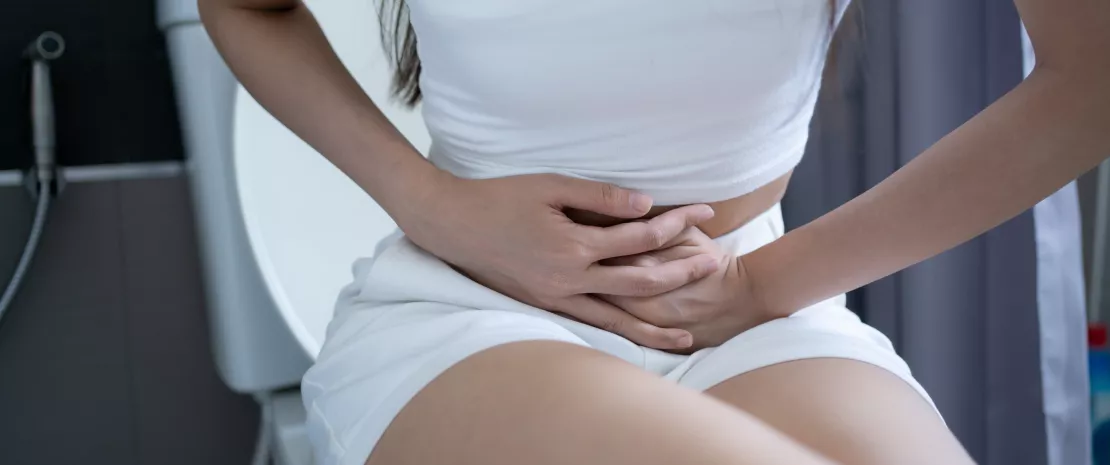Alternative dietary and probiotic strategies to treat urinary tract infections?
In the management of urinary tract infections, preventive strategies based on a balanced diet or even probiotics may be an alternative to curative treatment with antibiotics. While effective in the short term, antibiotics can lead to dysbiosis, new infections, and resistance.
- Learn all about microbiota
- Microbiota and related conditions
- Act on your microbiota
- Publications
- About the Institute
Healthcare professionals section
Find here your dedicated section
Sources
This article is based on scientific information

About this article
More than 80% of urinary tract infections (UTIs) are caused by (sidenote: Uropathogenic Escherichia coli (UPEC) E. coli often encoded with additional genes (when compared to commensal E. coli) that boost its pathogenicity (flagellum, toxins, surface polysaccharides, etc.) ) These gut bacteria can migrate from the anus, colonize the urethra, and then spread upwards to the bladder. Previous studies have shown that women suffering from UTIs have an increased abundance of E. coli in their digestive tract, with similarities between intestinal species and those colonizing the urinary tract.
50 to 60% of adult women will have at least one urinary tract infection in their life ²
close to 10% of postmenopausal women indicate that they had a urinary tract infection in the previous year ²
To assess dysbiosis and other potential risk factors in women with a history of urinary tract infections, researchers enrolled 753 female volunteers aged 18 to 45 who had been diagnosed with a UTI in the previous five years but were otherwise in good health.
Prevalence
- Urinary tract infections are among the most frequent bacterial diseases, affecting an astounding 150 million individuals worldwide each year. 1
- With the exception of a spike in young women aged 14−24 years old, the prevalence of urinary tract infection s increases with age. The prevalence in women over 65 years of age is approximately 20%, compared with approximately 11% in the overall population. 2
Eat a healthier diet
71% of the women were found to have a gut dysbiosis, which was associated not only with (sidenote: Recurrent urinary tract infection A recurrent urinary tract infection is defined as two or more symptomatic episodes in the previous six months, or more than three episodes in the previous year. ) , but also with a flora that exhibited multi-resistance to antibiotics.
Another particularity of the population studied was their diet, whether in terms of drinks (less than a liter of water per day, consumption of sugary juices, etc.), food (too many salty products, high-calorie diets rich in added sugars and saturated fats, etc.), or dietary supplements to prevent UTIs.
The researchers believe that these observations support the link between diet and the composition of the gut microbiota. This is consistent with previous studies which found that only 12% of the structural variation in gut microbiota can be attributed to genetic changes, while 57% can be explained by dietary changes.
Microbiota as a new therapeutic strategy
Although the gold standard treatment for UTIs involves antibiotics, in the long term, antibiotics disrupt the gut microbiota (dysbiosis) and favor the emergence of multiresistant microorganisms. Hence the importance, according to the authors, of alternative and complementary therapeutic choices.
Conclusion
The researchers also highlight the beneficial effects of probiotics, in particular Lactobacillus spp., which prevents the adherence, growth, and colonization of uropathogenic bacteria such as E. coli. L. salivarius with enteric release, which reaches and protects the urinary et vaginal microbiota; a probiotic composed of two strains of Lactobacillus and cranberry extract, which significantly reduces the number of recurrent UTIs in young premenopausal women compared to placebo. The major advantage of lactobacilli over antibiotics is that they do not promote bacterial resistance.










